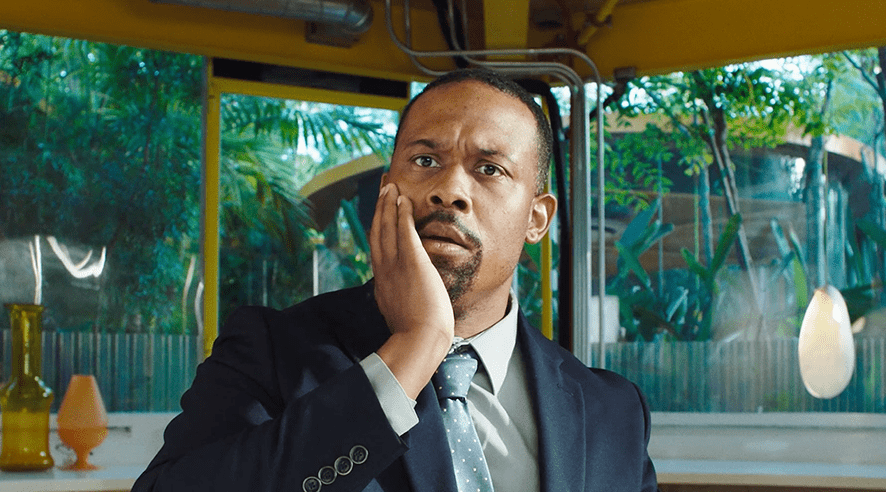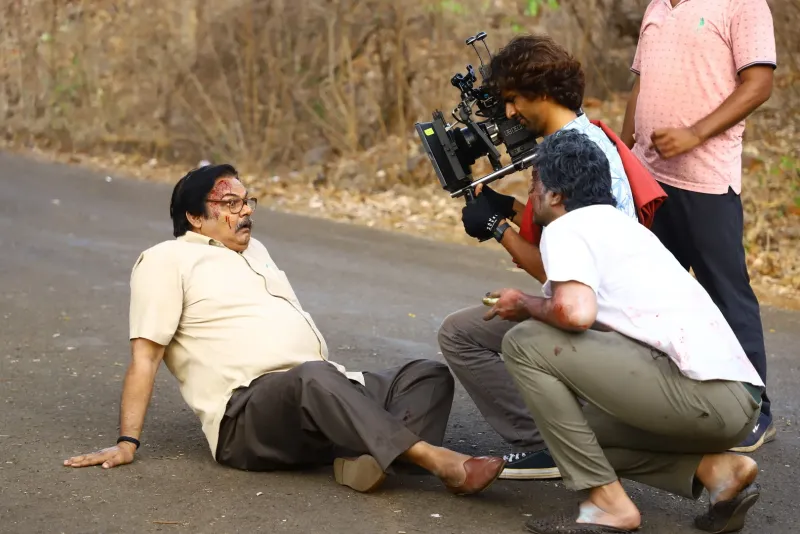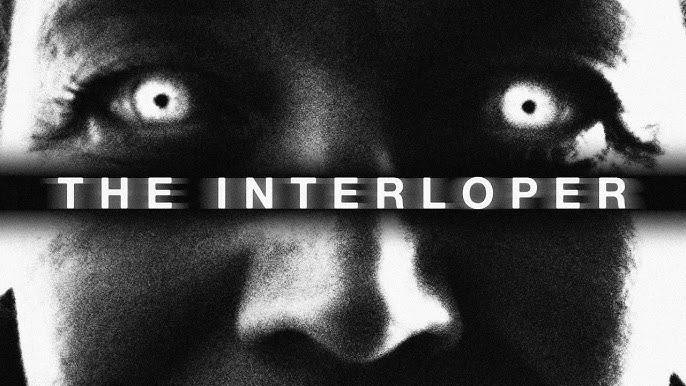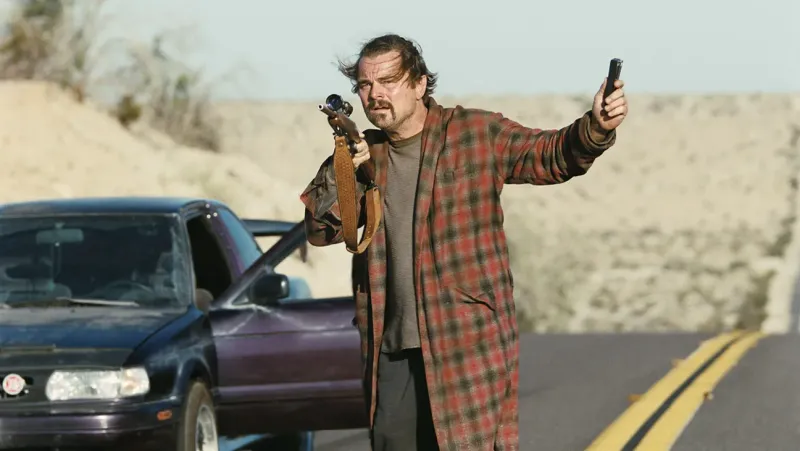Renato is a single father raising his son Tobas on his own. He loves Tobas, and is doing the best he can, but things are tough financially. Renato will do anything so he can provide a home for his son, so he decides to apply for a new job that is much better paying than other possibilities. Renato thinks he's applying for a job at a call center. But the job is not calling; it's to get slapped by the other employees when they're too stressed. Renato endures the job because it means he can provide better for Tobas, but it begins to affect him in other, more insidious ways. Directed and written by Justin Floyd, this sharply dark comedy-drama begins with a quick scene of a father playing with his son, one that quickly encapsulates Renato's macho ethos as a father, his struggles as a single parent and his deep love for his son. Shot with a dark, saturated color palette and an often handheld camera, viewers could easily think they're in for a naturalistic drama about a sternly masculine father raising a young son. But when Renato enters the world of Malleable, the film reveals another layer to its artistry: that of a dystopian and satirical dark comedy examining the dehumanizing nature of work, the ways we become comfortable with violence and the limitation of masculinity when it comes to enduring pain and suffering while pretending not to be affected by it.

Tonally, the film is a high-wire act, balancing its sincere and unvarnished depiction of the father-son bond with the biting cheerful efficiency of Malleable's corporate world, where gleamingly bright cinematography can't disguise the surreal horror of another suited employee wandering the offices, his head almost fully bandaged.

Those clever visual flourishes -- reminiscent of filmmaker Jordan Peele's work, though the horror here is less about monsters and more immediately moral and emotional -- offer clues that all is not right in this company. But as Renato immerses himself in his work, watching it play out is horrific, oddly funny and very uncomfortable, especially when the other employees don't blink an eye at the violence inflicted upon Renato. Actor DeJuan Christopher as Renato is the grounding force of the story, bridging the two disparate strands of the film with a performance that is as complex as the film itself. He loves his adorable little boy but comes down hard on him when Tobas cries or complains. He needs his job, but being slapped or hit as the company scapegoat is so dehumanizing that he must decide how much further he can endure before reaching a breaking point. "Malleable" ends with both a small triumph and a disquieting conclusion, when the full implication of the film's title becomes clearer. Renato has made herculean efforts not to reveal his job's impact on his health and emotions to his son, but Tobas has somehow absorbed it. In the end, we're left with insight into how cycles of violence, trauma and inequality perpetuate themselves, as well as the price paid to be considered a man at times. It leaves viewers wondering about what Renato and Tobas will take away from this chapter in their lives together, and what they may not be able to leave behind.



